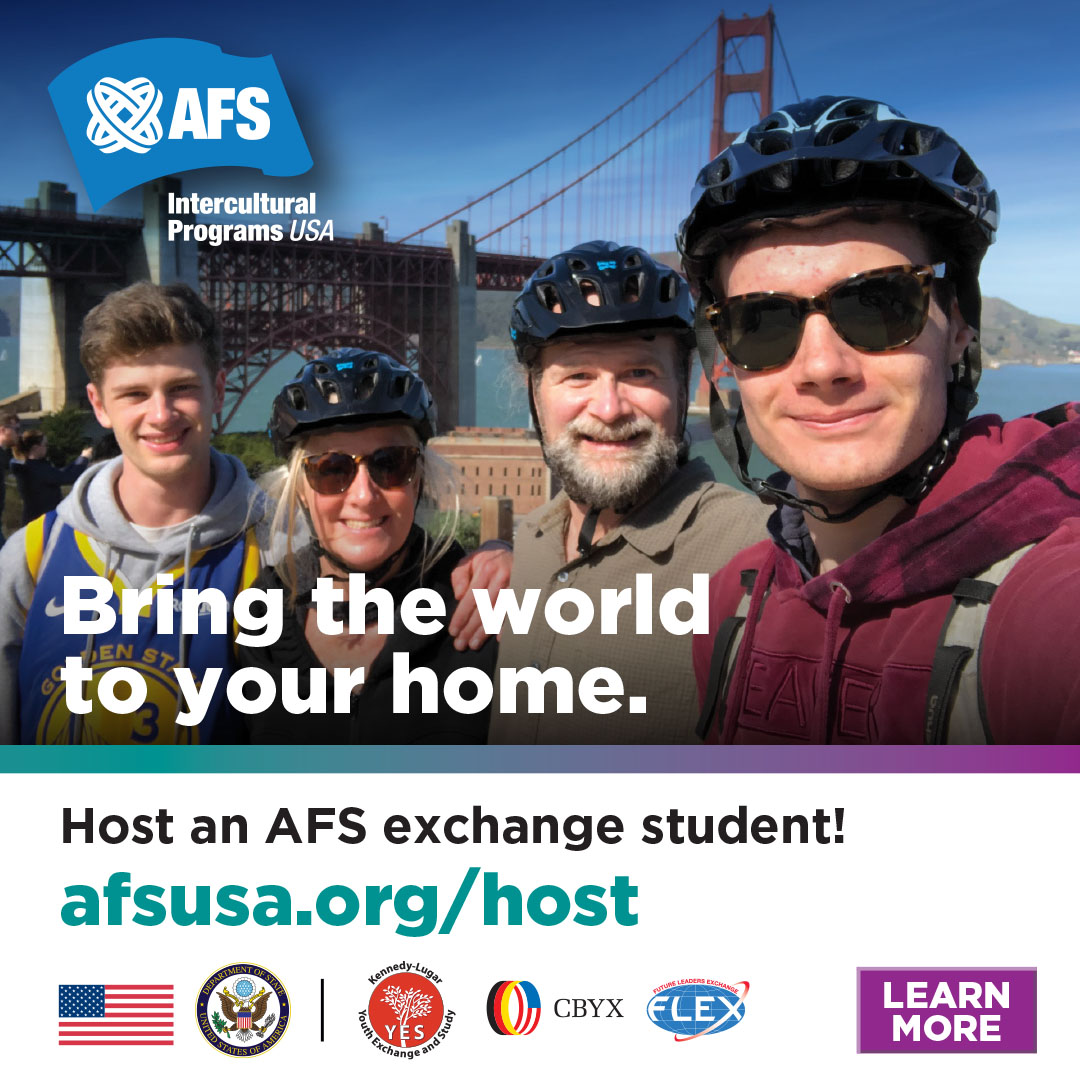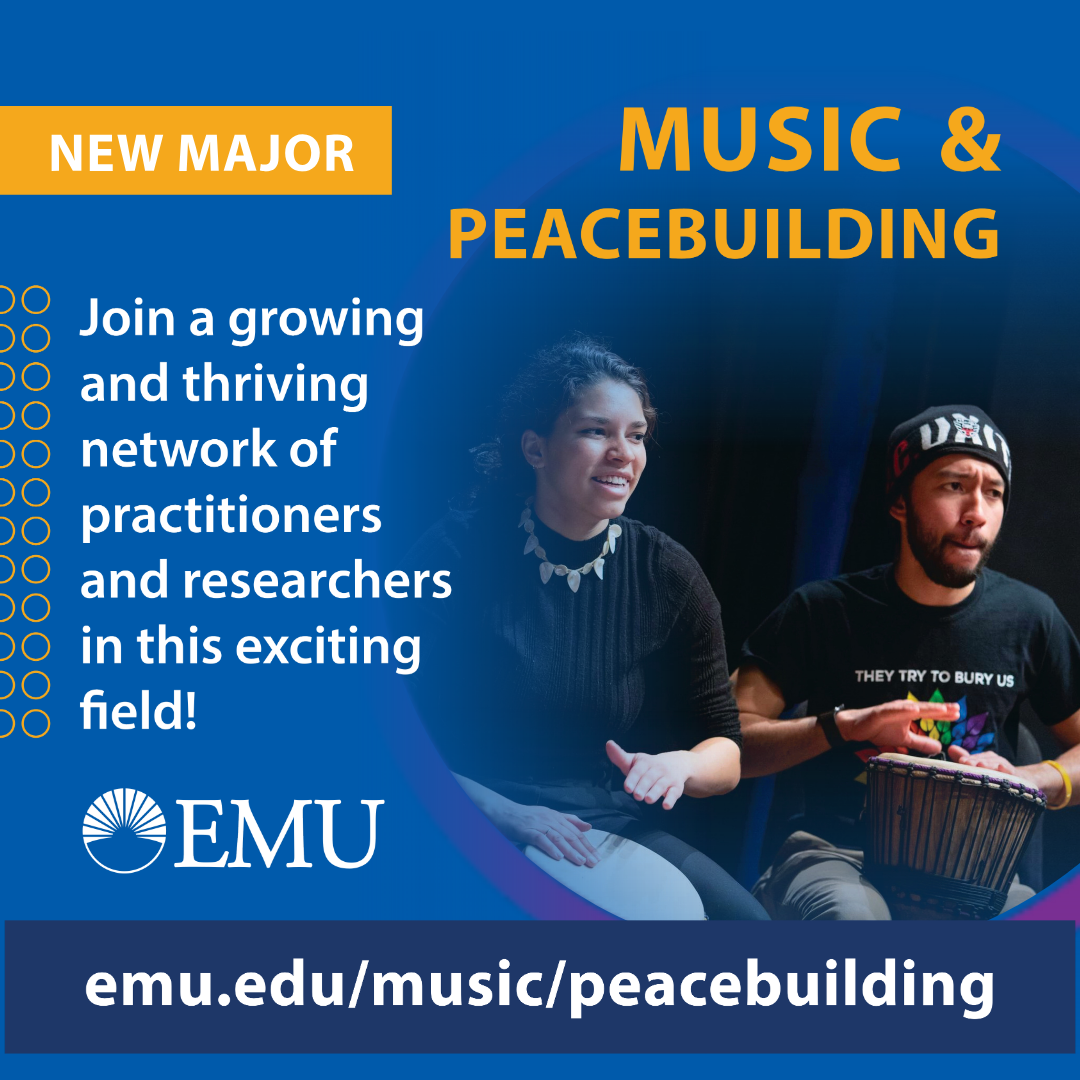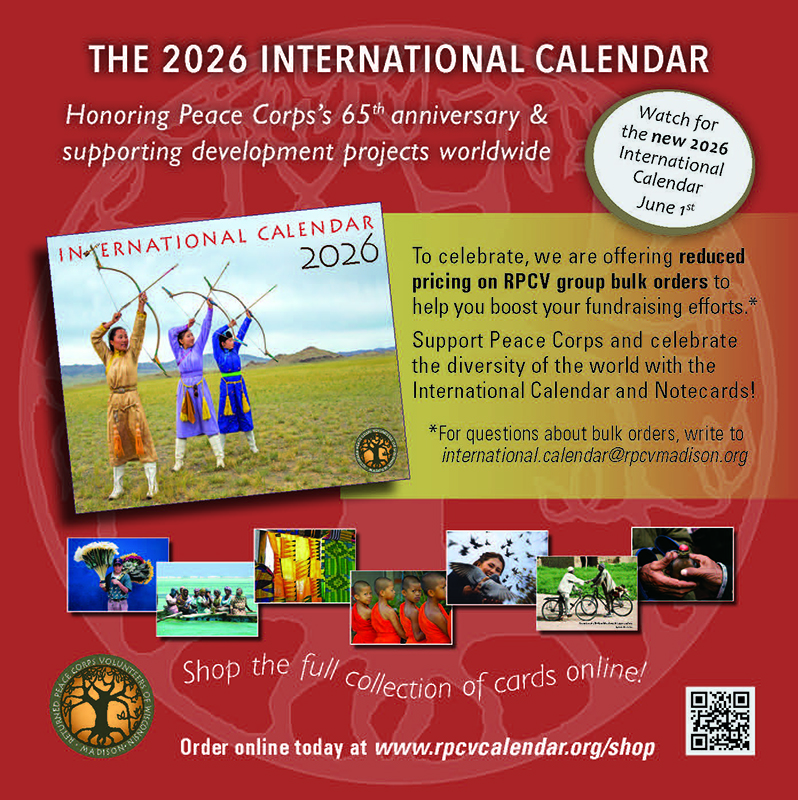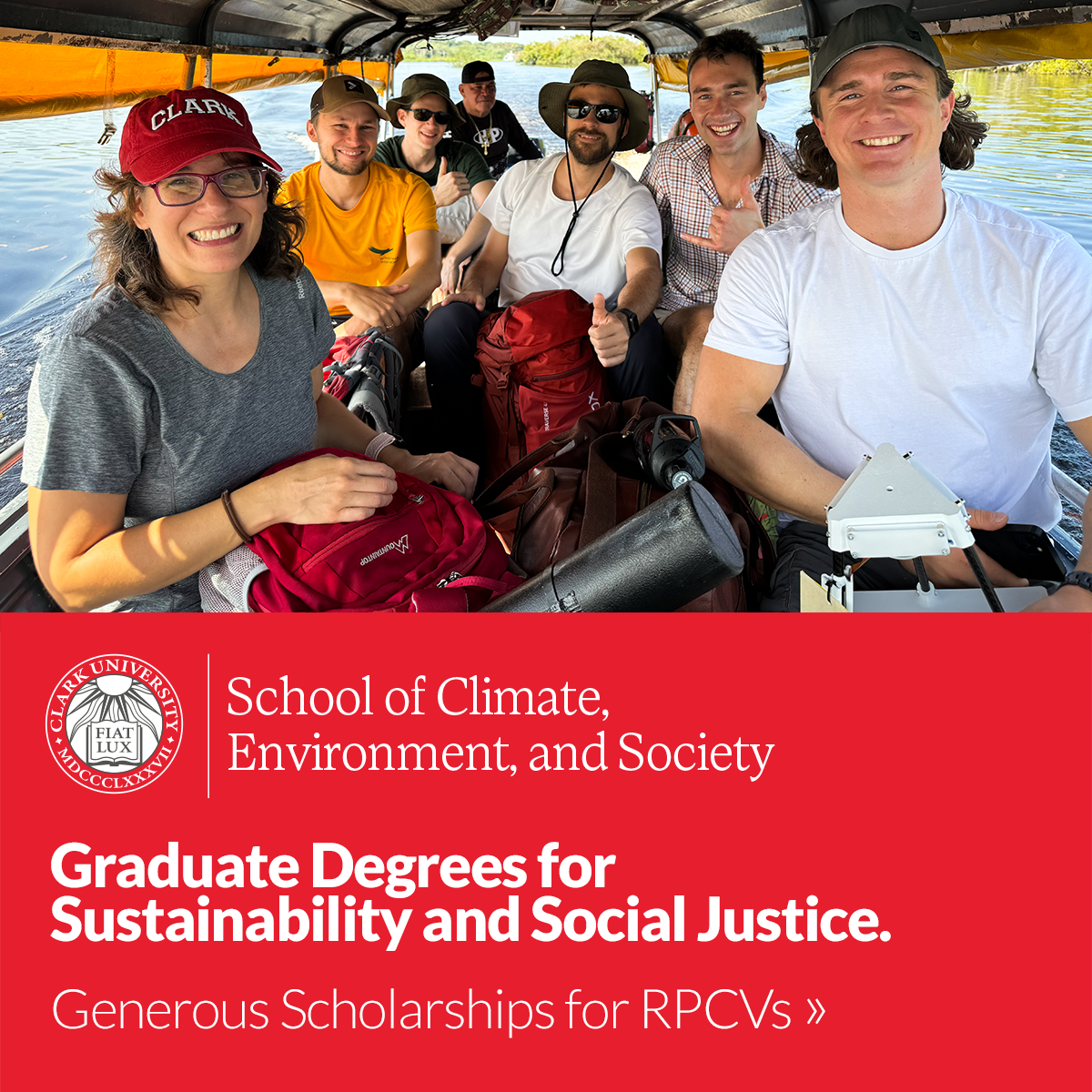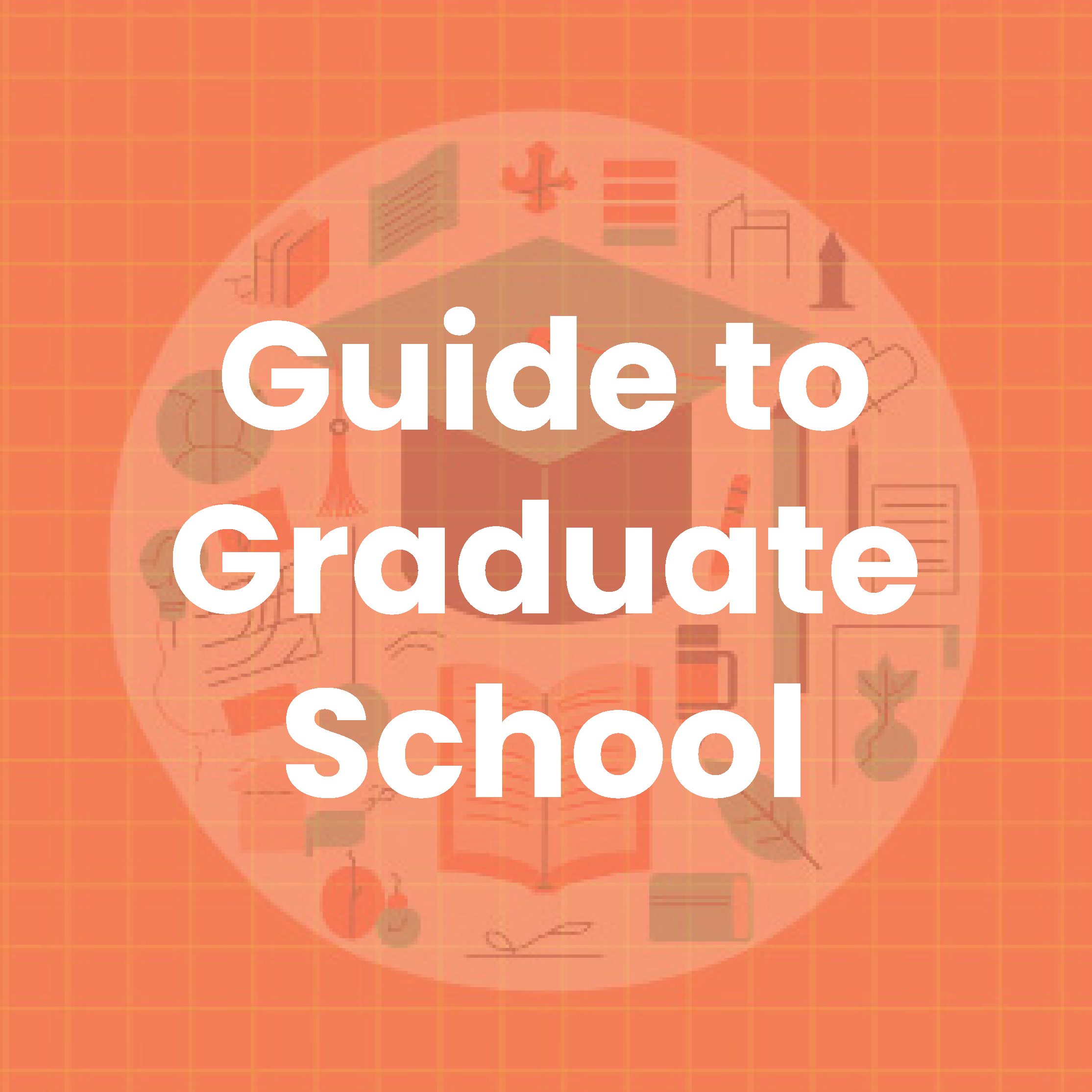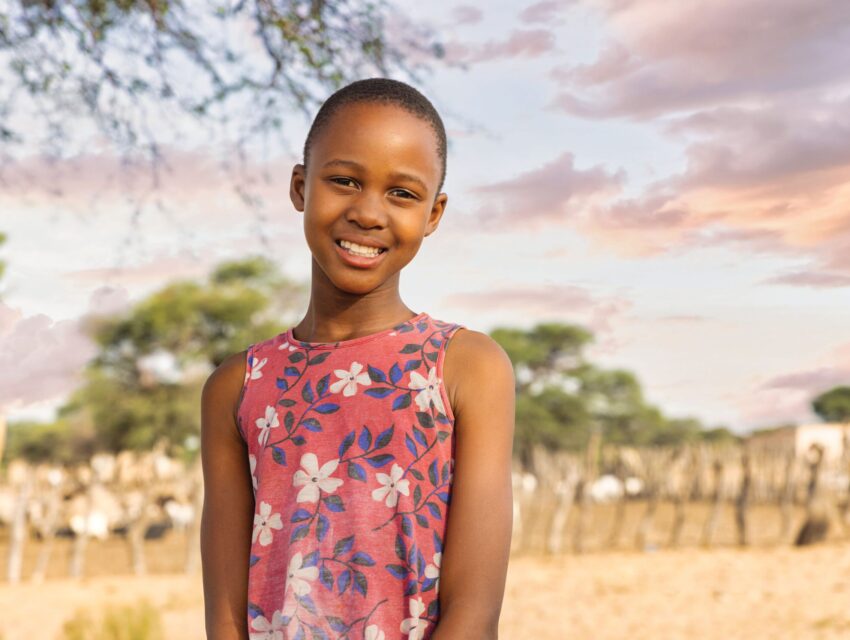
You GLOW Girl
Empowering girls and young women worldwide
Camp GLOW (Girls Leading Our World) is a transformative initiative launched by Peace Corps Volunteers (PCVs) that has empowered tens of thousands of girls and young women worldwide through self-confidence and leadership development programs, promoting gender equality and fostering community building across 60 countries since its inception in Romania in 1995.
One of Peace Corps’ most widespread gender empowerment initiatives is Camp GLOW, which has provided the opportunity for tens of thousands of girls and young women to attend programming that develops self-confidence, leadership skills, goalsetting, gender equality, and more. Camp GLOW has been hosted in 60 different countries by Peace Corps Volunteers, counterparts, and participants over the past 29 years.
This story is taken from When Small Things Make Big Things Possible: A 50 Year Perspective on 10 Peace Corps programs
Planning Camp GLOW
The first Camp GLOW was organized in Romania in 1995 by three PCVs and four Romanian teachers, for 82 girls aged 11 to 17. The week was a success, but they never imagined how widespread Camp GLOW would become.
Volunteers began serving in Romania in 1991. Sara Goodkind was an education volunteer in Buzau, Romania, 1994–1996, teaching English to middle and high school students. Using her previous experience working at summer camps, Sara; two other volunteers, Roz Edison and Jennifer Bobb Petramale; and their local counterparts began to plan a camp for their middle and high school students during the school holidays in the summer of 1995.
Sara remembered a talk during a Peace Corps training, about the lack of women in politics and leadership due to the socialization and history of Romania. The country was in a period of transition following the fall of the communist regime in 1989. She saw this as an opportunity for a project, inspiring potential goals for Camp GLOW.
To finance the camp, the team applied for a grant from the US Democracy Commission as a part of its Small Grants Program. The application requested funding to ensure that the camp was free and accessible to everyone interested in attending. There was also a cultural expectation that the camp would be free due to the history of communism in the country. The funding officer advised them not to call it a “summer camp” in their application because it wouldn’t be taken seriously or given funding. Rather, it was called the “Young Women’s Youth Leadership Seminar” and described as a week-long conference for young women.
While the team wanted to focus on leadership and self-esteem programming, they also felt it was important to deliver the information in a fun and engaging way similar to a summer camp. The initial curriculum focused on leadership skills, ethnic tolerance, and civic responsibility.
Two Romanian teachers from different schools, with the support of the PCVs, applied and successfully received around $2,000 to fund the camp. Because Romania has a strong tradition of camping and spending time outdoors, campgrounds and mountain retreats around the country were available for Camp GLOW. Camping in Romania was common but generally did not include structured activities as is typical at American summer camps.
Raluca, who was 17 when she participated in the first Camp GLOW, said it was unlike any camp she
had ever attended. Camps in Romania in the 1980s and 90s didn’t have themes or much organized programming. Typical camps included hiking and dance nights, but not any kind of overarching concepts or goals. Camp GLOW represented a combination of the traditions of American summer camps and Romanian camping experiences.
The team spent a lot of time trying to find a name and theme for the camp that would encapsulate both the values and the fun, joyous aspects of camp, as well as to be catchy and easy to remember. It was important to the Volunteers to have a theme for the camp that was about bringing everyone together to ensure the camp and the experience was cohesive. Eventually, they landed on Camp GLOW (Girls Leading Our World).
The theme and catchy name made the goals and objectives clear for anyone hearing about it. Sara reflects that one reason Camp GLOW may have spread so easily is because it had an easy to remember name. She also emphasized they were not the first PCVs to host a summer camp or programming for youth empowerment and gender equality—but their camp was the one that continued.
The First Camp GLOW
Many of the activities for the camp were planned by the PCVs who had access to resources in the Peace Corps office as well as experience working at summer camps. They made an activity book for each of the participants, which included a hand-drawn Camp GLOW logo, questionnaires, skills development, drills, short stories, and songs.
Raluca kept her activity book for years and continued to use it, especially with her own students when she became a teacher herself. She particularly remembered a 104-question skill test, which tallied scores to see what jobs and career paths people may be inclined to base on their skills. Raluca recalls at the time she was interested in studying law, but she scored highest in the category called “Helping Others,” which indicated women who score high in the category become teachers or nurses. At the time, Raluca was skeptical of it, but now she has been a teacher for 23 years.
The mornings at Camp GLOW were filled with discussions and explorations of the values and themes of the camp, including self-confidence, gender stereotypes, decision-making, goal setting, career and life planning, and more. The camp provided an important space for girls to be able to openly discuss their feelings and concerns that they didn’t otherwise have. One participant reflected, “It was very interesting because every morning we had the chance to discuss several problems which we can’t at school or home.” Another participant said, “I think that the morning sessions will help me later in life, because now I’m sure that I’m a strong woman.”
Dalia, who was 15 years old when she attended Camp GLOW, said, “My opinions and wishes were heard and appreciated, and I was given the power to dream again. Empowerment was the key word.”
The afternoons were filled with team and community building amongst the girls, including sports, arts, and more traditional camp activities such as tie-dyeing and talent shows. The evenings were alive with campfires, singing songs, telling stories, and informal discussions. An 11th grade participant shared, “I met so many girls. I learned how to live with people I don’t know. I learned how to know myself better.” Raluca’s favorite parts of the camp were being able to speak English with students from other cities, spending time outdoors, learning and experiencing new things. She loved learning all the camp songs and still knows the words today.
Girls from three different schools and regions throughout Romania participated in the camp. They were from Bucharest, Buzau and Sfintu Ghorghe, a region in Transylvania where many people are ethnically Hungarian. At the time, there were a lot of negative stereotypes and prejudice between those of Romanian and Hungarian ethnicities. This presented a challenge as well as an opportunity, as one of the goals of the camp was to promote ethnic tolerance and inclusivity.
The camp intentionally mixed up all the girls from each town in the bunks, so they could connect and get to know each other. There was also a “big sister, little sister” partnership across towns and schools. These both were met with resistance by the girls at the beginning. By the end of the week, the same girls who worried about sharing their spaces were learning words in each other’s language and exchanging addresses with each other, so they could continue to stay in touch. Ethnic tolerance was viewed as necessary for the future of the country, so the people could be united and be better able to address and solve problems.
One unexpected success of the camp was the Miss GLOW competition. Sara was initially hesitant to have a Miss GLOW activity happen, because she felt it may contradict much of the work and intentions of the programming of the camp. But the girls were very enthusiastic about the idea, and they planned and organized it on their own initiative, and rather than being a competition amongst the girls, it turned into a silly and fun celebration of each participant.
After Camp GLOW
When volunteers and teachers were planning the camp, they didn’t see it as more than a one-time experience, but afterward everyone felt it was an important and meaningful experience that was worth continuing and sharing with others.
Following the camp, the girls who attended continued to stay in touch. Sara heard some schools created GLOW clubs, where they were able to continue the discussions and activities started during the camp. The PCVs left their materials at the Peace Corps office in Bucharest and submitted reports both to Peace Corps and the Democracy Commission. The original materials were eventually developed into a Camp GLOW handbook, along with contributions from other volunteers who hosted their own Camp GLOWs. The experience was hopeful for everyone involved. “I feel I learned very much. On the last day I felt very full,” was a parting remark shared by an 11th grade participant.
Girls who attended shared many reflections of their experiences at Camp GLOW, often with similar sentiments of improved self-confidence, knowledge of how to plan for the future, and an appreciation for discussing things they couldn’t talk about elsewhere. As one attendee shared, “It will help me, because after this seminar I am full of energy and self-respect.”
One participant reflected that the experience allowed her to gain a better sense of who she is and who she would like to be in the future. Another said she learned how to set goals, make decisions, and to be assertive in achieving her aims. Many of them asked when the next conference would be because they enjoyed the experience so much.
When Sara thinks back on Camp GLOW, she also remembers it as an opportunity to spend time with other people and to learn about other ways of living and experiencing things. Roz, another PCV who coordinated the camp, said Camp GLOW is one her proudest accomplishments. Raluca shared that she believes any experience, good or bad, helps you to some extent, so Camp GLOW had some impact on her teenage years: “I made new friends, I gained knowledge, I developed.”
When Dalia thinks about her experience at Camp GLOW, she said, “The last 20 years passed so quickly I don’t remember a lot of important moments or people I’ve met or even worked with. I worked with hundreds of people and met thousands in 18 years of journalism, television, and show business. Even some teachers from my faculties are mere shadows without faces and names, but I remember Sara very well, and not only her. Also, Roz and Jennifer from Camp GLOW, how is this possible? Surely, that is because they had a great impact on me and my life!”
How Camp GLOW Spread
In 2000, just five years after the first Camp GLOW, 21 more camps occurred in different countries. Each camp is unique to the country, the participants, counterparts, and PCVs. As of 2024, this number has grown to 60 countries. From the first camp to every camp thereafter, a community needs assessment is done to determine important themes and topics for their camps.
One of the major challenges of Camp GLOW is how to make it sustainable in countries without outside assistance, which includes finding funding at the local level. In some cases, this has led to partnerships with local nongovernmental organizations (NGOs), and training programs for camp counselors or junior counselors for former campers, which also serves as a way for former campers to utilize their leadership skills gained. It is also important to consider how to reach the greatest number of campers, while still ensuring it is a meaningful experience for all of them, and to encourage campers and counselors to spread the message and goals of Camp GLOW beyond hosting the annual camp.
In 2014, 82,000 girls participated in camps and youth clubs led by PCVs, many of which included Camp GLOWs. Education and empowerment activities for girls were led by 2,000 PCVs.
Other camps developed by PCVs have used Camp GLOW’s model, including Camp BRO (Boys Respecting Others) and STOMP (Supporting Teamwork Opening Minds Positively).
Around the World
- In Madagascar, Camp GLOW served as the foundation for a peer education project for high school students about the transmission and prevention of HIV/AIDS.
- In the Philippines, previous Camp GLOWs have focused on the interconnectedness between women and the environment.
- In Costa Rica, Camp GLOWs explored topics of leadership, gender equality, personal finance, the environment, volunteerism, and making new friends.
- In Macedonia, PCVs hosted their Camp GLOW in coordination with camp counselors, who were mainly camp alumni now in leadership roles, and gaining more extensive training and the opportunity to use what they learned. The camp centered around self-confidence and challenging traditional gender roles.
- In Bulgaria, Armenia, and Georgia, local GLOW NGOs were created following the success of Camp GLOW programming within each country. These NGOs are able to continue to spread the message and goals of Camp GLOW.
In Colombia, Camp GLOW began by Volunteers’ initiative with the goal of building local capacity, eventually including municipal clubs and regional leadership conferences. Like other camps, former campers participated as junior counselors and counselors. In 2019, Camp GLOW was restructured to include local leaders in planning and as facilitators. Following the 2020 Peace Corps evacuation, Volunteers continued to support efforts around Camp GLOW and other programming, but their roles greatly decreased.
Three young Colombian women took up the challenge to ensure GLOW activities would continue there. Leidys Varón Sotelo, Yulieth Martínez Barraza, and Alejandra Martínez Blanco had been campers, junior counselors, and counselors, and were named camp and club coordinators in 2020. Colombia
had strict lockdown regulations at the beginning of the COVID-19 pandemic, so to determine the best path forward for GLOW, they arranged for 15 club leaders to carry out needs assessments and organize virtual meetings and activities. They also organized a highly successful virtual camp. Now, as GLOW’s co-directors, they have published a magazine, received funding for a podcast project, collaborated with a university, attended a female leadership conference, and held their own virtual regional conferences.
They have also begun working to register GLOW as a foundation with the goal of becoming a self-sufficient foundation with paid employees and a presence throughout the country. They also organized a highly successful virtual camp. Now, as GLOW’s co-directors, they have published a magazine, received funding for a podcast project, collaborated with a university, attended a female leadership conference and held their own virtual regional conferences. They have also begun working to register GLOW as a foundation with the goal of becoming a self-sufficient foundation with paid employees and a presence throughout the country.
Volunteers returned to Colombia, and GLOW is hopeful for the opportunities to collaborate with Peace Corps again and have already begun to train interested participants on their clubs, and other ways to support GLOW’s operations.
While every camp is different, they all follow the same objectives and values as the original Camp GLOW, continuing to empower girls and young women around the world through a method of introducing, reinforcing, and promoting self- development opportunities in a fun, friendly, and exciting atmosphere. They encourage girls to think beyond traditional gender roles, to become active citizens, and to gain self-confidence. Each group of Volunteers who host a camp pass their knowledge, experiences, and resources onto the next group. It also serves as an important opportunity to build cross-cultural bridges between Volunteers, counterparts, youth, community members and more.
As one of the first Camp GLOW participants said, “Now I know that a woman can do anything.”
If you are interested in having a hard copy of When Small Things Make Great Things Possible mailed to you please email [email protected]
Related Articles
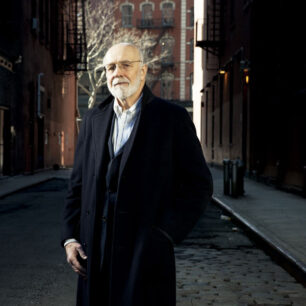
Made in America
Charlie Clifford (Peru 1967–69) is the founder of Tumi Inc., a global travel luggage brand, as well as Roam Luggage.…
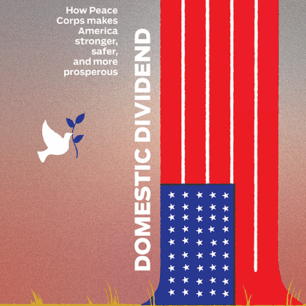
Spring/Summer 2025 Issue
This special issue of WorldView makes the definitive case for how Peace Corps makes America stronger, safer, and more prosperous.
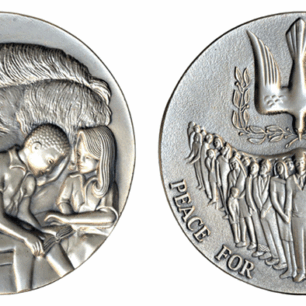
Return on Investment
As federal funding for international aid and cultural exchange programs continues to shrink, policymakers are increasingly asking whether these initiatives…
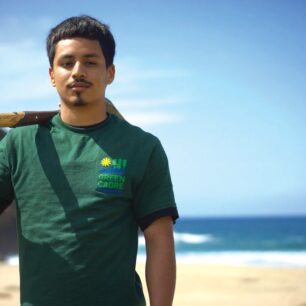
“Bigger Than Peace Corps”
California Service Corps is the largest state-based service program in the U.S. , with more than 10,000 volunteers across the…

